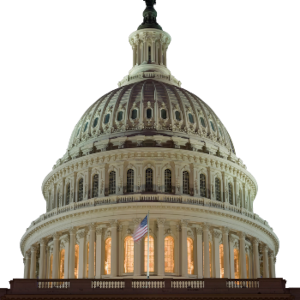Bush Suffers Senate Defeat, Criticized by Lawmakers
Washington is a new kind of place for Bush now, meaner, with less slack being cut. It's the kind of place where the merest hint of blood in the water alerts the sharks.
Last week, the same week he was grilled by lawmakers on the $75 billion (U.S.) in supplemental spending the administration needs for the first phase of the war, his $726 billion tax cut plan was chopped in half by a Senate in which Republicans hold a 51 to 49 majority.
"Even appeals to Republicans' patriotism have failed to win backing for the president,'' noted the Washington Post.
The Senate also defeated his controversial plan to open up the Alaska's Arctic National Wildlife Reserve to oil and gas drilling.
And, in the coup de grace, lawmakers gutted his faith-based proposal to pump money into church-supported social agencies, such as drug-counselling centres.
These are serious portents. And Bush still has to go back to Congress for more money if the war drags on.
To make matters worse, a member of his own party, Republican Senator Norm Coleman of Minnesota, criticized Bush last week for not using "strong-arm tactics'' to bring rebel Republicans in to line on the defeated legislation.


![[happen.jpg]](http://www.zuckervati.com/archives/images/happen.jpg)